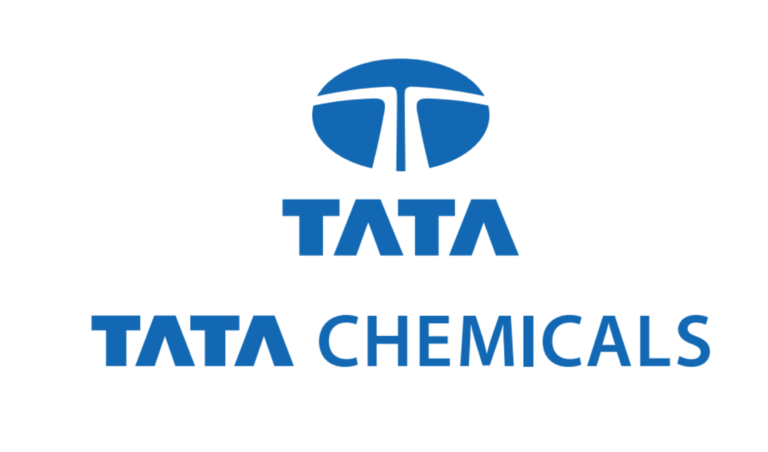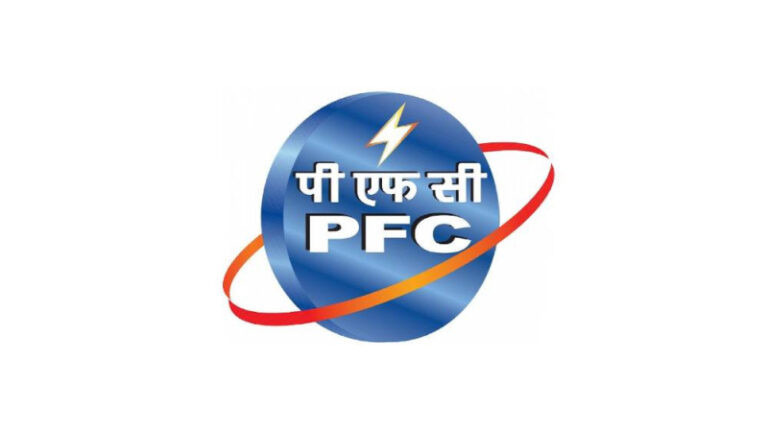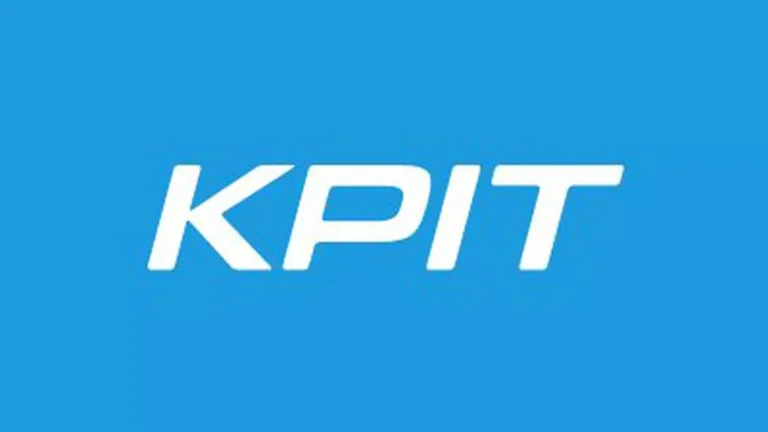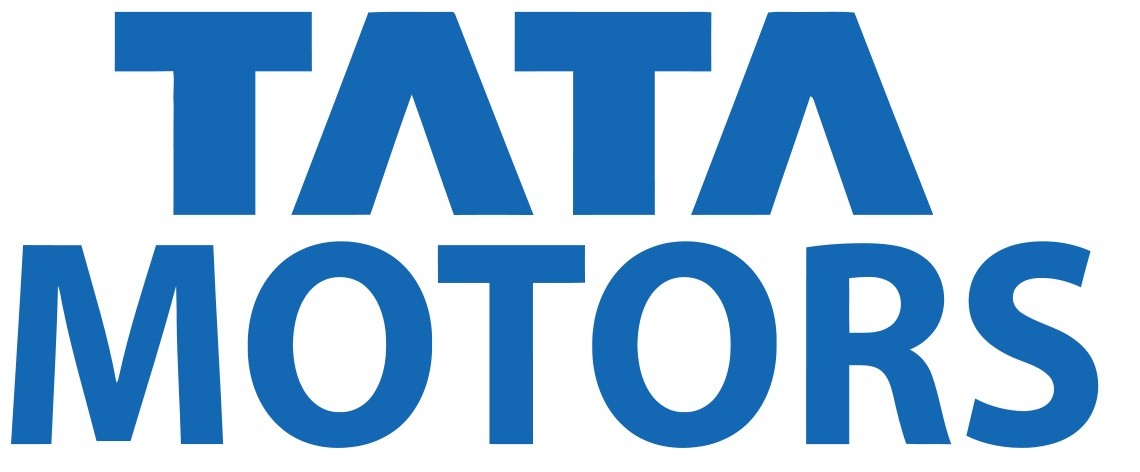
Tata Motors Limited is a multinational automotive corporation based in India with its headquarters located in Mumbai. Cars, trucks, vans, and buses are all produced by this corporation.
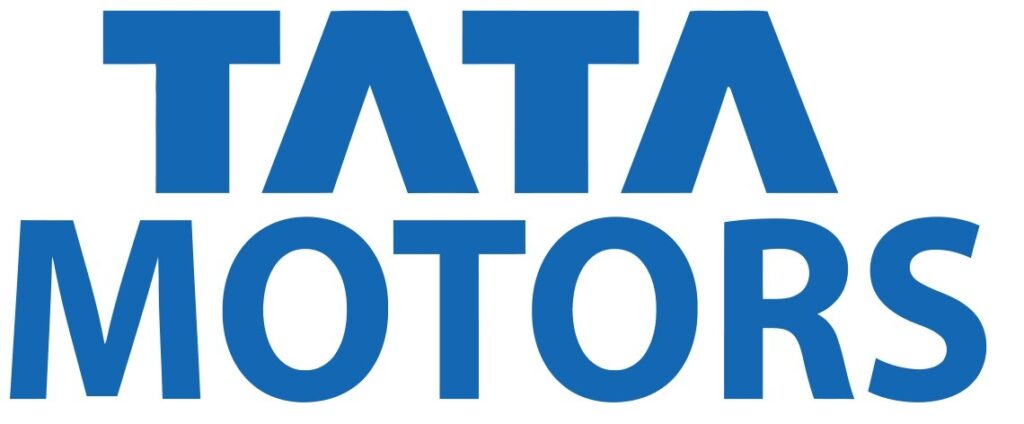
India’s Tata Daewoo and the United Kingdom’s Jaguar Land Rover are subsidiaries. In order to produce auto components for Fiat Chrysler and Tata-branded cars, Tata Motors has joint ventures with Hitachi (Tata Hitachi Construction Machinery) and Stellantis. The electric car division of Tata Motors received a $1 billion investment on October 12, 2021, from the private equity firm TPG.
In addition to locations in Argentina, South Africa, the United Kingdom, and Thailand, Tata Motors has vehicle and auto production facilities in Jamshedpur, Pantnagar, Lucknow, Sanand, Dharwad, and Pune in India. Its R&D facilities are located in South Korea, the United Kingdom, Spain, and Pune, Jamshedpur, Lucknow, and Dharwad, India. Tata Motors is traded on the National Stock Exchange of India, the BSE (Bombay Stock Exchange), and the New York Stock Exchange. It is also a component of the BSE SENSEX index. In the Fortune Global 500 ranking of the largest companies in the world as of 2019, the firm is placed 265th.
As of right now, experts say, Tata Motors’ move to split up its passenger vehicle (PV) and commercial vehicle (CV) businesses into two distinct organisations is a “non-event” and could not result in any significant value unlocking.
At its meeting on March 4, the Tata Motors Board of Directors approved the proposal to demerge the company into two distinct listed companies. One of these companies will house the company’s Commercial Vehicles business and its related investments, while the other will house the company’s Passenger Vehicles businesses, including PV, EV, and JLR, as well as their related investments.
All Tata Motors shareholders would maintain the same percentage of shares in both listed companies following the demerger, which will be carried out through an NCLT scheme of arrangement, the automaker stated in a statement.
UBS claims that while Tata Motors’ demerger streamlines the organisation, no meaningful value is revealed. With regard to Tata Motors, the brokerage firm has a “Sell” rating and a target price of ₹600 per share.
According to Morgan Stanley, the demerger shows the company’s faith in the PV segment’s ability to support itself and may improve Tata Motors’ ability to create value. ₹1,013 is the brokerage’s target price for the stock.
For the time being, Nuvama Institutional Equities sees the demerger as nonexistent.
It’s a non-event at first. We anticipate having to wait around 15 months for this to happen “, stated Nuvama Institutional Equities.
At the moment, Tata Motors is included in every passive index. Nonetheless, the brokerage firm anticipates leaving the Nifty 50 and Sensex when the demerger is finished and the smaller organisation (the CV business) becomes a separate entity.
Nuvama Equities compared it to JIO’s recent demerger from Reliance Industries, in which the latter was listed separately and then (over the course of the following several days) removed from the domestic indices.
In the meanwhile, the smaller entity’s eligibility will be determined by the global indexes, MSCI and FTSE, based on an evaluation of its market cap surrounding IPO.
Nuvama Equities thinks CV should stay in the passive indices, assuming it receives about 25% of the overall market capitalization. The worldwide cutoff levels and the market capitalization of Tata Motors’ shares will be crucial variables.
There aren’t many opportunities for collaboration between CV and PV, but there are plenty for PV, EV, and JLR, especially in the areas of EVs, driverless cars, and vehicle software—a move that the demerger will make possible. Under the leadership of their individual CEOs, CV, PV V+EV, and JLR have all functioned independently in recent years. As the demerger proceeds as a logical subsidiary of the PV and EV companies launched in 2022, sentiment is still upbeat. Nuvama Securities


